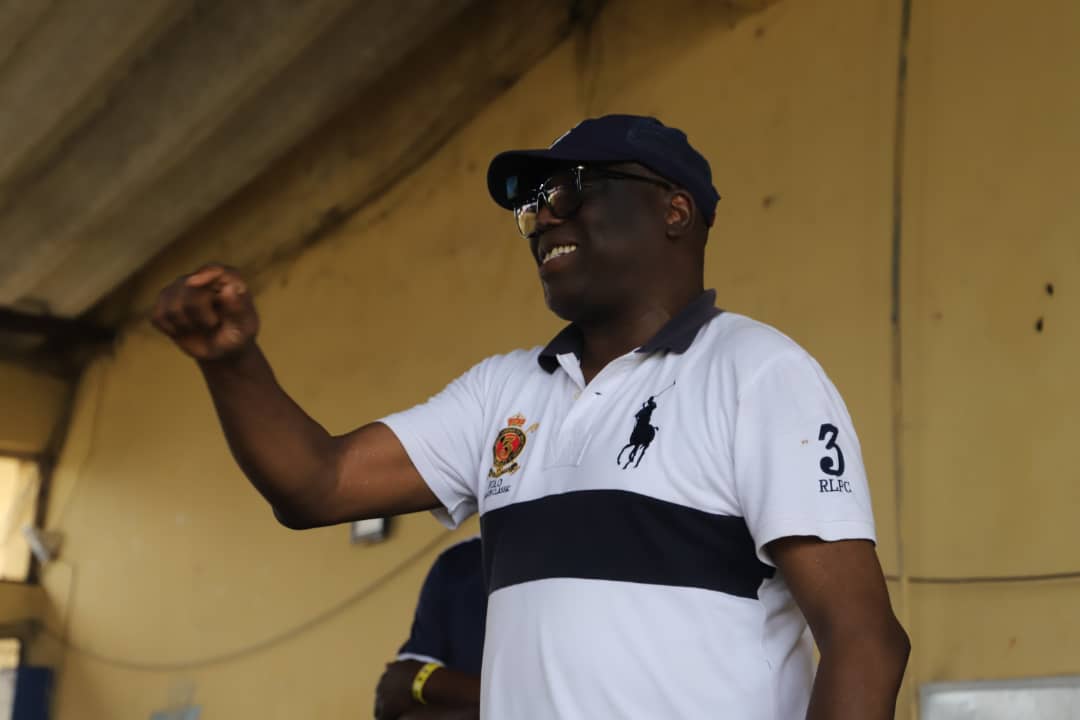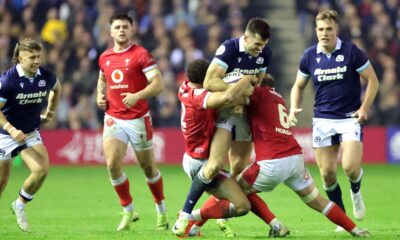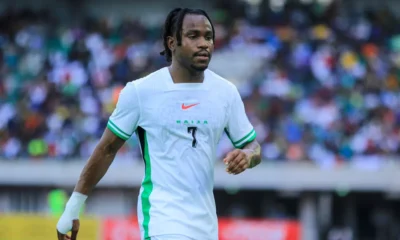News
Lagos FA Bans Dangerous Weapons At Match Venues, To Strengthen Security At Stadia

The current management of the Lagos State Football Association (LSFA) has read out the insurgency that led to violence at venues in Lagos State and therefore provides a list of permitted stadium facilities and prohibited items.
According to a document signed by the association’s secretary, Akeem Rabiu-Okikioposu, the LSFA states that any item that could be used as a weapon and/or endanger public safety is now rejected. in state stadiums. These items include cans or bottles, glass vessels, knives and blades, laser pointers, pointed-tip umbrellas, poles thicker than a ‘pencil’ (0.5cm), smoke canisters, weapons and ammunition.
The Lagos FA Association also prohibits the placement in the gaming facilities of any item that may disrupt the conduct of the game or disturb other fans, regardless of whether such item is illegal or carried for a specific purpose.
These items include spray cans, audio-video recorders, balls, beach balls or projectiles, cameras with an external flash or interchangeable lenses (not intended for professional photography), drones, flares, fireworks/missiles/explosives, flares, electrical/optical illusions, Frisbee, laptop/tablet. not permitted on seats, large suitcases, large bags or large back, pets (other than service animals), signs/flags/banners, company signs or inappropriately marked signs or items, selfie poles, tripods/monopods, unauthorized flyers, unlicensed musical instruments such as trumpets, drums and other equipment that may cause disruption or nuisance, but supporters club must be accredited to bring these instruments into stadiums.
The FA noted that Lagosians have always loved match days, hence the LSFA’s determination to provide a security architecture that ensures people’s safety without disrupting them.
“Football events are exciting. They are full of intense emotions and passions. That’s why we attach great importance to making every event as safe as possible because it is special and the fans deserve to be safe.
“We use our experience and knowledge to develop and deliver football security solutions that make every football event enjoyable. Good security doesn’t mean the experience can’t run smoothly, and the most important thing about this big day is enjoying it safely. Based on this, we might highlight stadium-permitted items on each football event day,” the FA said.
However, Lagos FA management assured fans that “the security team has worked tirelessly behind the scenes to ensure that the necessary planning and organization is in place behind this magnificence.”
“The team is overseen by facilities management over security and administration through to traffic and parking coordination. Our essential services are at the heart of every successful event.
“LSFA is committed to setting the standard for the industry, the Lagos State Neighborhood Safety Corps (LNSC) personnel are well trained, qualified and full of initiative suitable for the project.
Meanwhile, the Lagos FA also listed some items that are not banned but allowed in stadiums. These items include bags that may be subject to security screening, cameras with a lens of 3 inches or less without lighting, tripods, selfie sticks or monopods, flags, food and fruit, plastic bottles, small umbrellas, small cameras and binoculars.

-

 News2 days ago
News2 days agoMichael Carrick Explains Mason Mount Absence In Manchester United Win Over Fulham
-

 Uncategorized1 day ago
Uncategorized1 day agoElliot Lee Takes Subtle Swipe At Phil Parkinson After Wrexham Exit
-

 Premier League2 days ago
Premier League2 days agoLiverpool Stun Chelsea With £60m Jeremy Jacquet Transfer Twist
-

 Premier League2 days ago
Premier League2 days agoCan Arsenal Recall Ethan Nwaneri? Why the Gunners Can’t Bring Him Back After Merino Injury
-

 More Sports1 day ago
More Sports1 day agoSix Nations Shake-Up: Why The New Six-Week Format Could Change Everything
-

 Local News2 days ago
Local News2 days ago“Very, Very Happy”: Ademola Lookman Speaks As Atletico Madrid Player
-

 News1 day ago
News1 day agoEnzo Fernandez Sends Emotional Message Of Support To Chelsea Starlet Estevao
-

 More Sports2 days ago
More Sports2 days agoGeorge Russell Eyes Epic 2026 Title Showdown With Max Verstappen As Mercedes Launch New Era
























